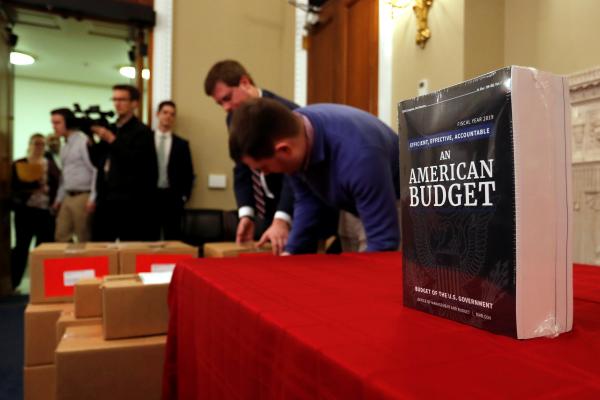Feb 13, 2018
This week the Trump administration released a new idea for domestic food aid. They want to send boxes to people who are recipients SNAP/food stamps, while slashing about half of what they can use via Electronic Benefit Transfer cards at grocery stores.
Read the Full Article

Already a subscriber? Login
